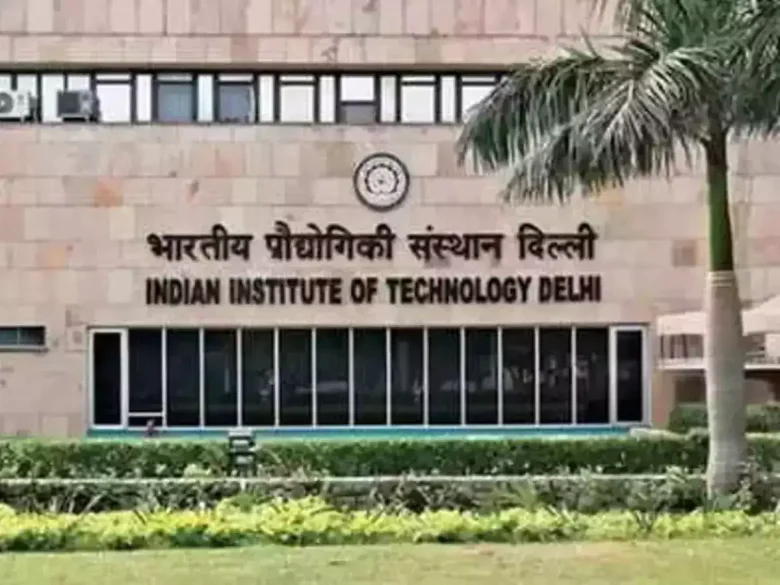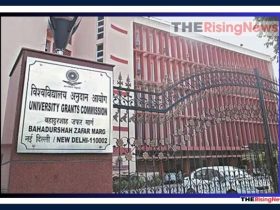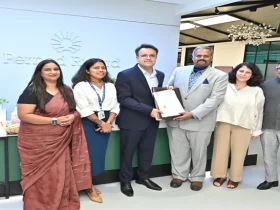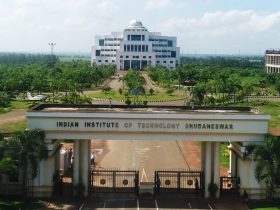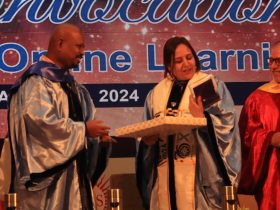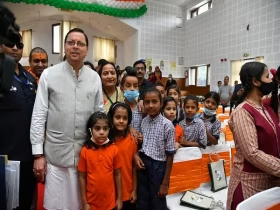Delhi: In an exciting development for aspiring doctoral candidates, the Indian Institute of Technology (IIT) Delhi and the University of Queensland (UQ) have officially opened applications for their prestigious joint PhD program, set to commence in January 2025
IIT Delhi Program Highlights
- Dual Degree Opportunity: Successful candidates will earn doctoral degrees from both IIT Delhi and the University of Queensland, enhancing their global academic credentials
-
Research Focus: The program spans various disciplines, including engineering, humanities, management, and sciences, catering to a wide range of research interests
- Financial Support: Selected students will receive a monthly stipend of AUD 28,854 per annum for three years, ensuring financial stability during their research tenure
-
Travel Allowance: A generous travel allowance of up to AUD 20,000 is provided to facilitate research-related travel between the two institutions
IIT Delhi Application Process
- Deadline: Interested candidates must submit their applications by October 11, 2024
- Eligibility: Applicants should hold a master’s degree or equivalent qualification with a strong academic record
- Selection Criteria: Candidates will be evaluated based on their academic performance, research potential, and alignment with the program’s
Professor Preeti Aghalayam, Dean of Alumni Affairs and International Programs at IIT Delhi, emphasized the program’s significance: “This joint PhD initiative not only strengthens our international collaborations but also provides our students with a global perspective in their research endeavors.”
IIT Delhi Future Prospects
- The IIT Delhi-UQ joint PhD program is poised to create a new generation of globally competent researchers. Graduates will be well-equipped to tackle complex global challenges and contribute to advancements in their respective fields.This groundbreaking program represents a fusion of academic excellence from two continents, offering a truly international doctoral experience. As applications flood in, the academic community eagerly anticipates the innovative research outcomes that will emerge from this collaboration.

